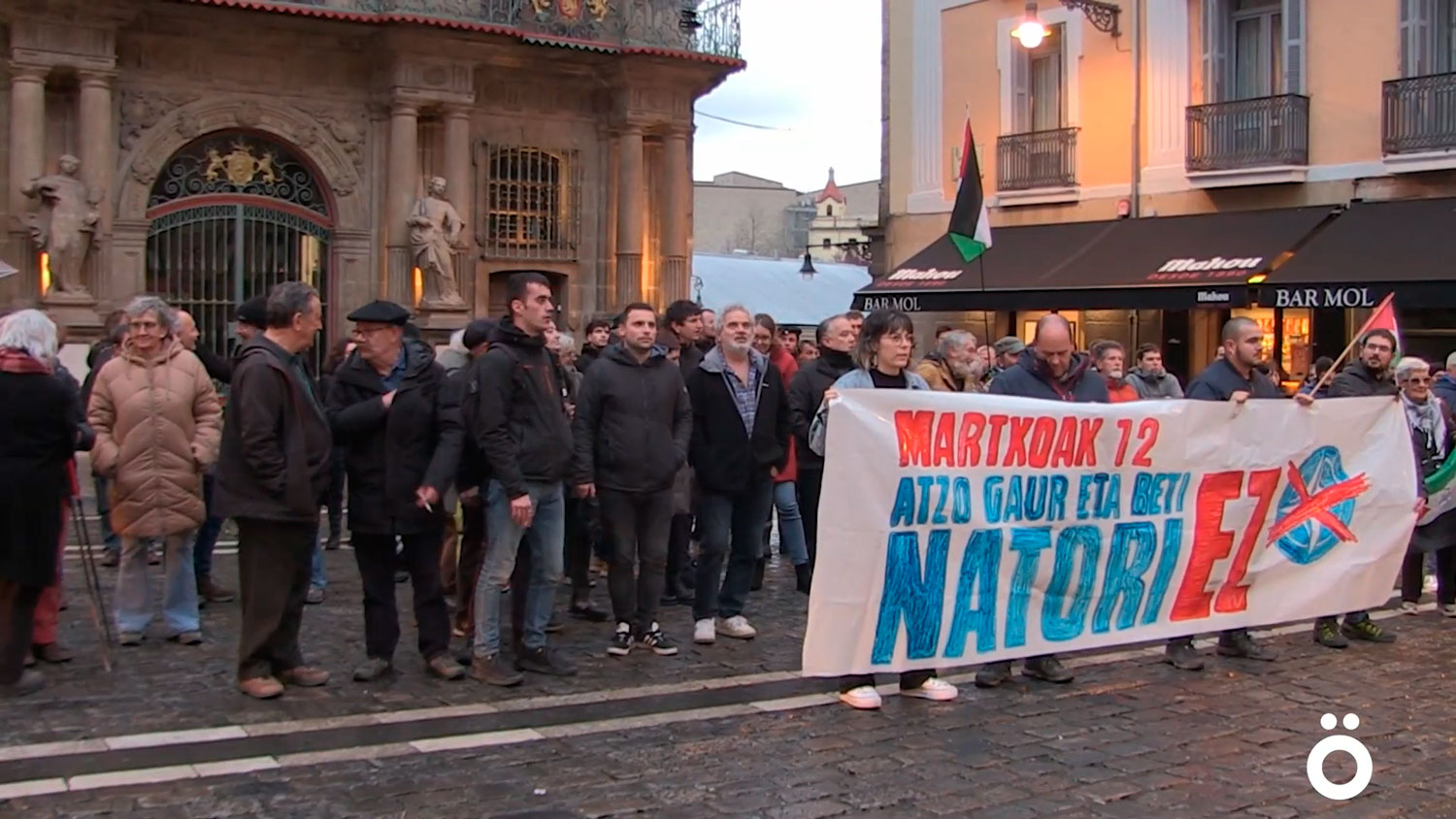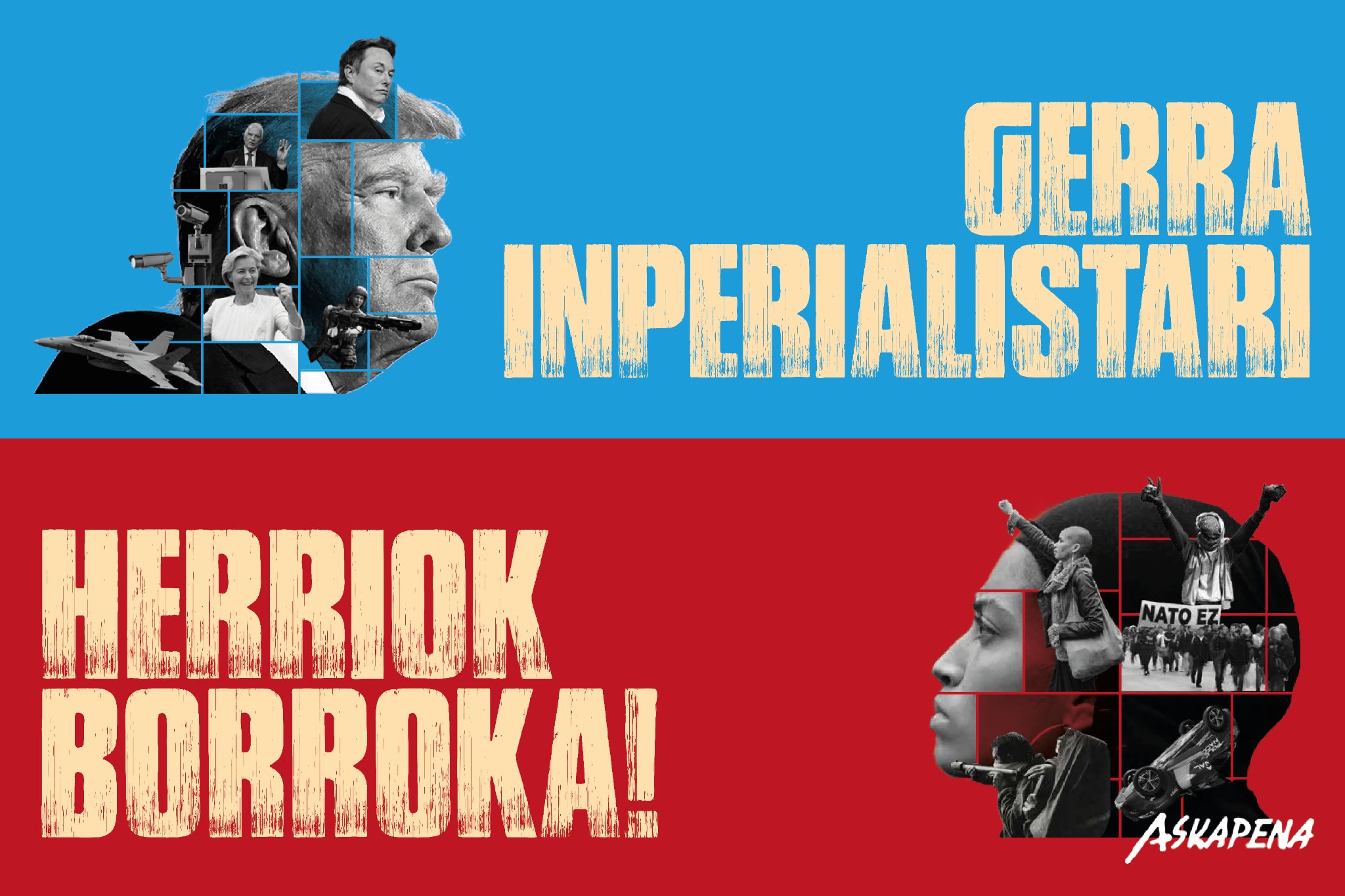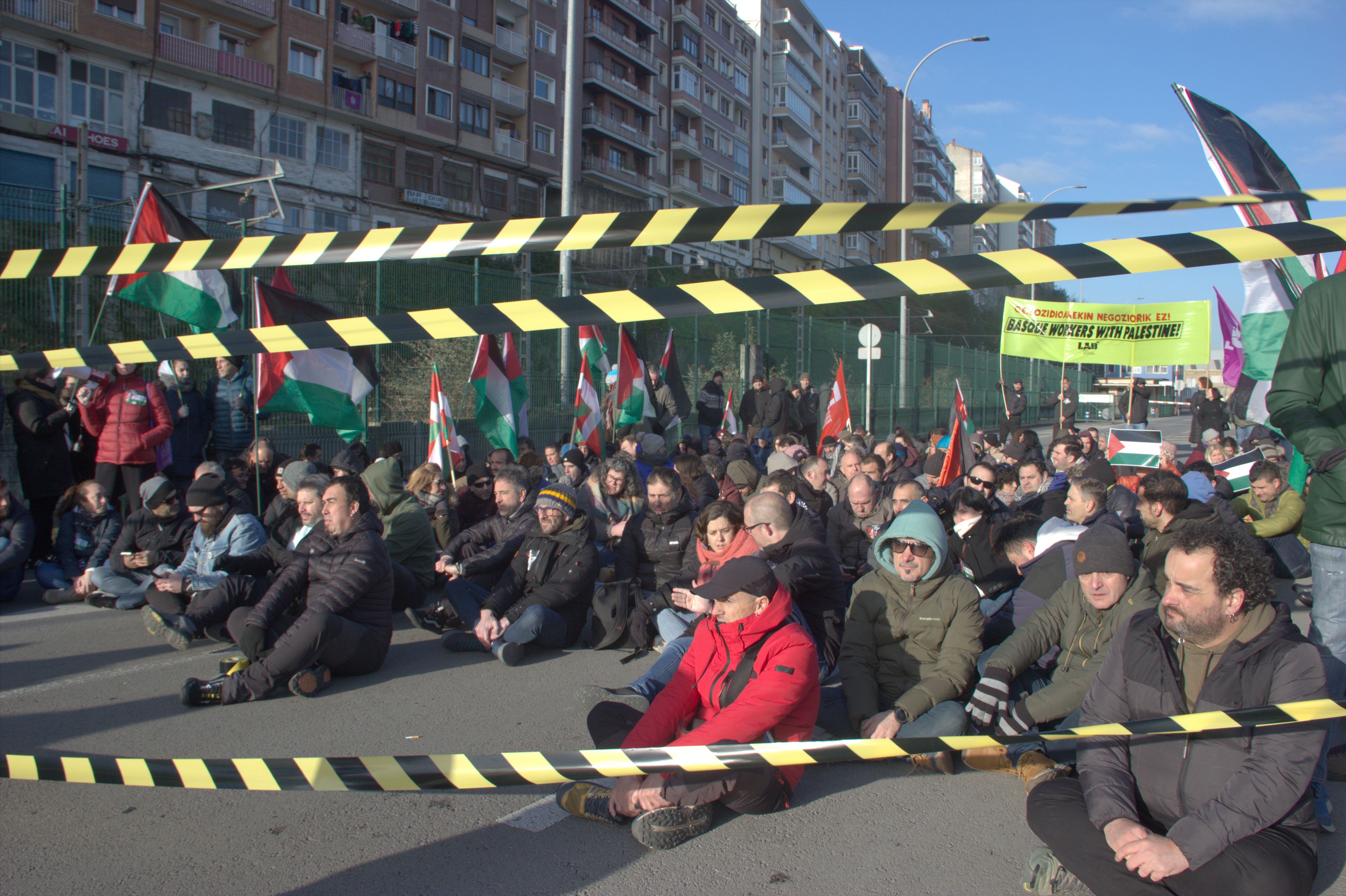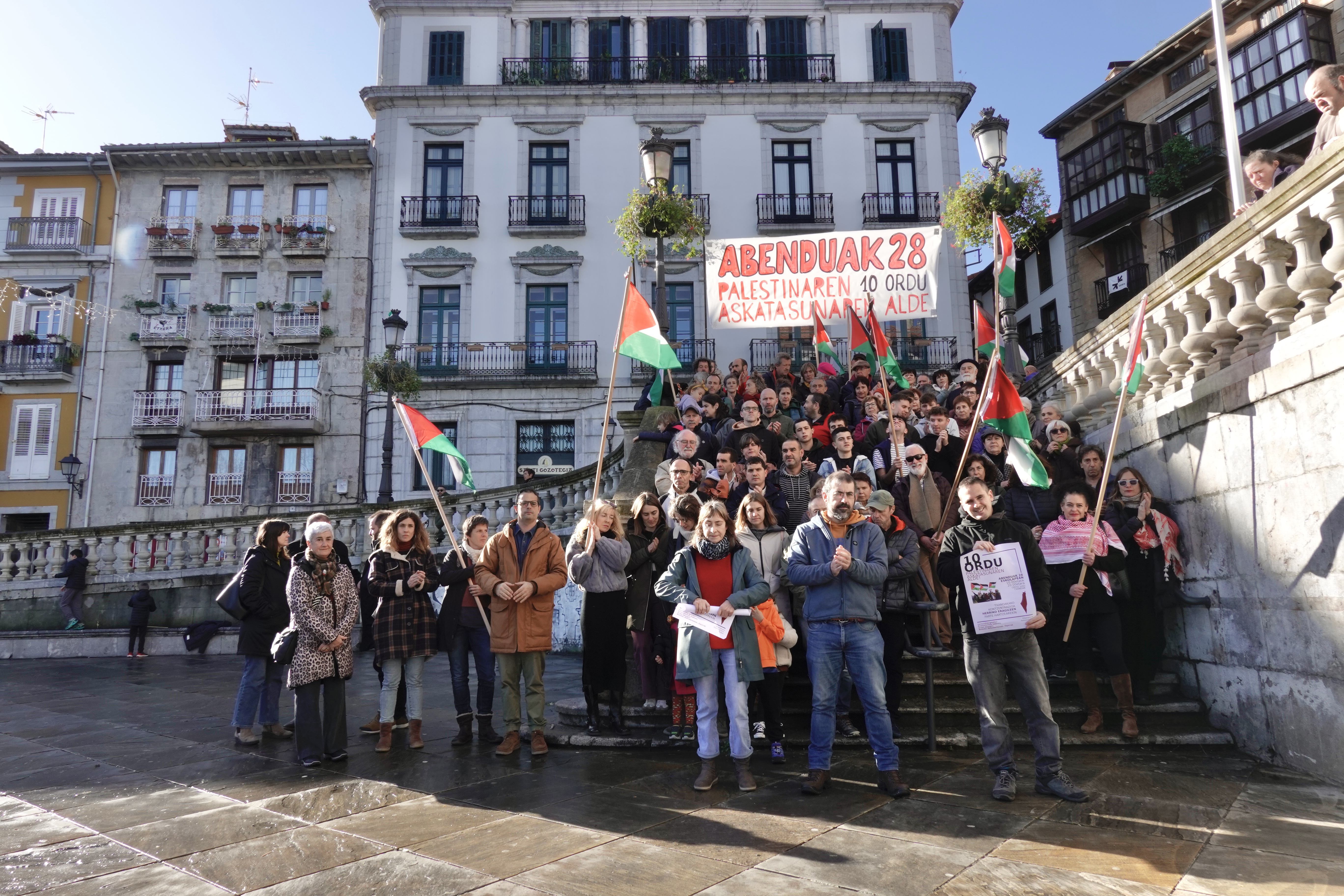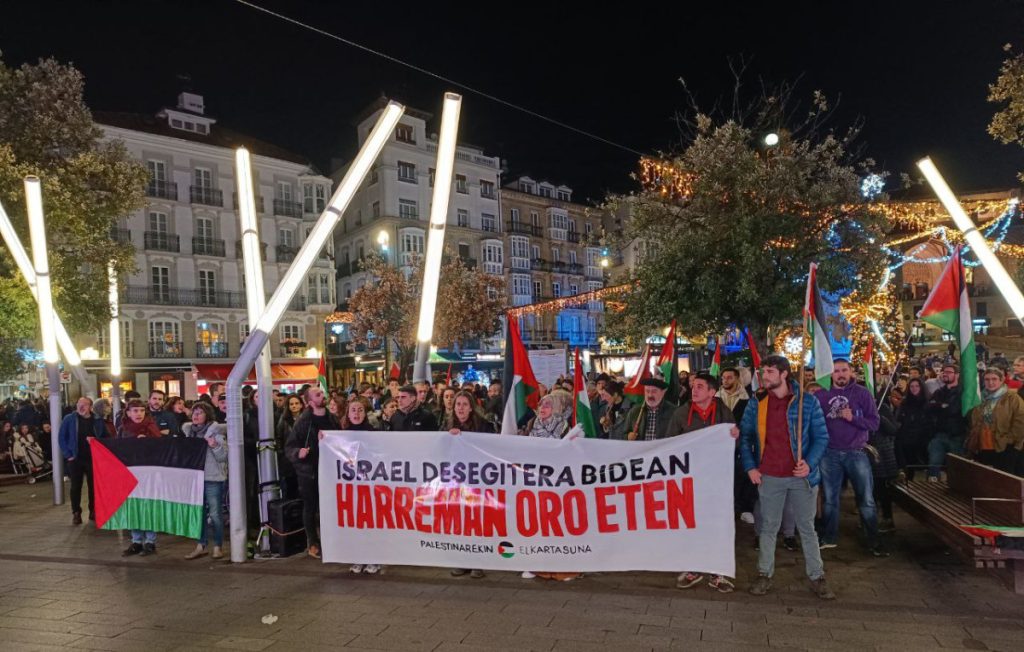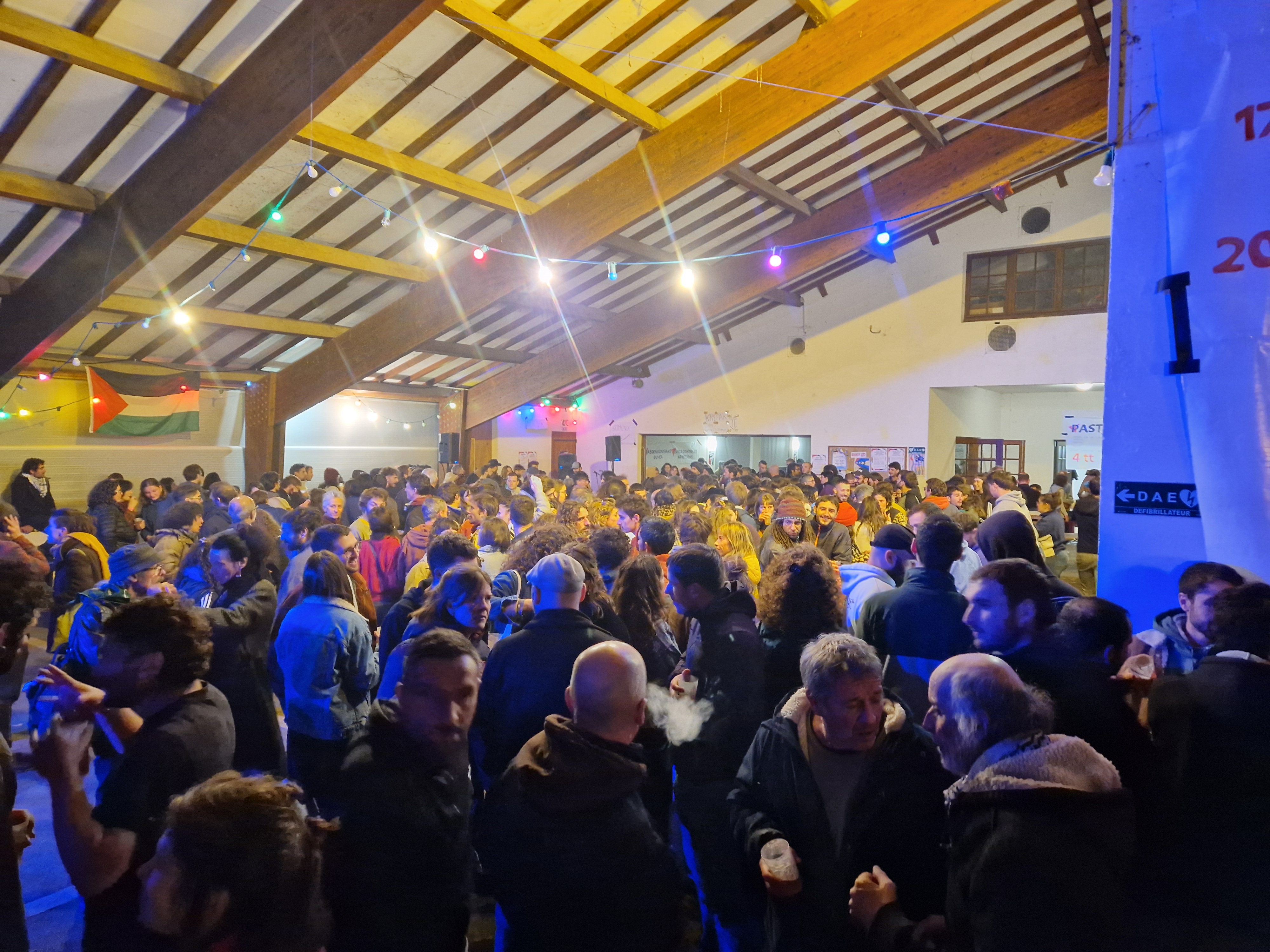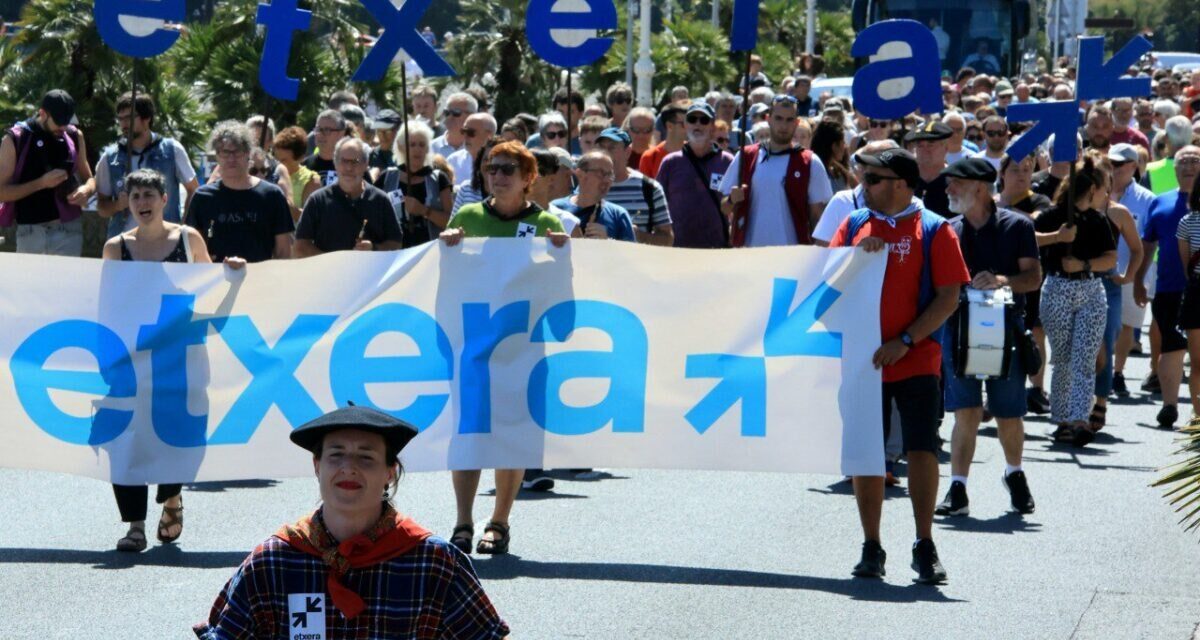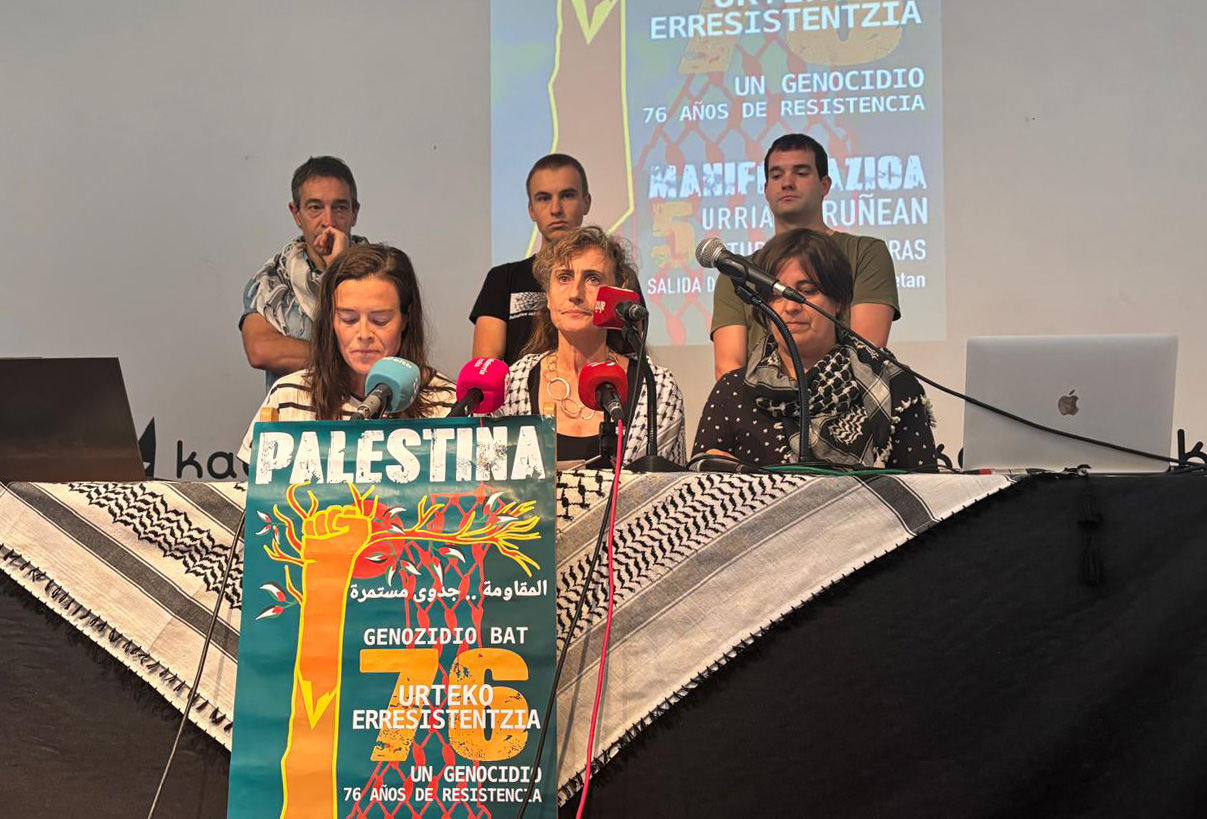"Basic problems, such as hunger, employment, housing and education, must be addressed through international initiatives"
- João Pedro Stédile is an economist and one of the historical references of the Brazilian Landless Movement (MST). The origin of the movement should be sought in the military regime between 1979 and 1984, with the aim of redistributing unproductive land. On January 21, the Mundukide team participated in the Virtual Meeting of State Coordination of Brazil, organized by the MST, with a further 15,000 people. Then they had an interview with Stédile the director of Mundukide, Josu Urrutia, and the cooperative established in Rio Grande do Sula, Natxo de Vicente. We summarize the most significant passages of that conversation.

How did the Brazilian No-Earth Movement emerge?
Brazil is a continental country of 360 million hectares, of which 60 are destined for agro-business and 40 million hectares are cultivated with the family farming model. Therefore, first of all, we would have more than 260 million hectares to produce food and solve the problem of hunger. Brazil is the country in the world with the highest concentration of land ownership. The occupation of unproductive latifundia is a form of classical peasant struggle to try to live and produce. We have been occupying isolated lands for 5 or 6 years, until in January 1984 we brought together several leaders and created a landless movement of workers.
We are organized in 24 states of the five counties of the country and we are 350,000 families. Over the years, the movement has also been developing and we are starting to create larger scale agricultural production cooperatives. For example, today we are the largest producer of organic grape juice in America. More and more, the Brazilian society itself demands agri-ecological food because of the great problem we have in Brazil with pesticides and poisoned food. Even if we do not have the government’s support, we can say that we are winning society.
How do you deal with the consequences of the epidemic?
An important characteristic of our social movement is the organization of mass demands, demonstrations and mobilizations to achieve the objectives. Although we are reducing these types of actions to a minimum throughout the pandemic, it is clear that we cannot stand still. Our strategy is based on producing as many organic foods as possible, as the risk of contamination in rural areas is considerably reduced.
Interpreted by the MST, the crisis we are experiencing is a capitalist crisis. In Brazil, more than 60 million workers live in the suburbs, most of them women, youth and black. The MST produces food to supply society, but throughout the pandemic we have worked in solidarity with people living on the street, distributing baskets of our products.
Can you say that people in cities are suffering more?
Of course, here are a lot of people living on the street. This year we have occupied the land that is not used and we have carried out urban gardens to lay the gardens and the barns. Together with other social movements, we have organized health support groups, with the name of health workers, to guide and protect people in times of plague. Because the government that we have today, instead of taking care of people's health, steals all that we can.
What relationship do you have with Mundukide?
We're a great family, there's not much difference between being born in the Basque Country or in southern Brazil (laughter). We have created a dynamic of trust between Mundukide and the MST through the spirit that we have worked through the years. 15 years ago, when we were looking for new horizons for our social movement, we realized that Mundukide had the foundations that our cooperatives wanted. For us, the cooperative is the basis of solidarity applied to the field of work. Mundukide's method and knowledge are fundamental to the formation of our cooperatives in Brazil and to help master the techniques of the capitalist market: never give fish, but teach in fishing. Charity doesn't transform the world.
Have you implemented Inter-Peoples Solidarity?
If you look, internationalism appears in all the progressive philosophical currents that interpret our planet as a "common home." This is also said by theologian Leonardo Boff and Pope Francis. I am convinced that if we are to solve the fundamental problems of humanity, such as hunger, employment, housing and education, we must tackle them through international initiatives.
Hainbat eragilek deituta, NATOren aurkako elkarretaratzea egin da Iruñeko Udaletxearen aurrean. Izan ere, gaur, martxoak 12, 39 urte bete dira Hego Euskal Herriak, Espainiar Estatua NATOn sartzeko erreferendumari ezezkoa eman ziola. Askapenako kide batek adierazi du, gaurko... [+]
Karmela espazio autogestionastuan egingo ditu, eta Euskal Herriko zein nazioarteko gonbidatuak egongo dira bertan. "Koiuntura analisi orokorretik abiatu eta Euskal Herriko borroka internazionalistaren gakoetarainoko bidea" egingo dutela adierazi du Askapenak... [+]
A ghost crosses the kitchens: The ghosts of Carlos.
Karlos has not been presented to the Master Chef Celebrity. After analyzing its culinary heritage, it is very clear that it will not overcome the selection of its opponents. In fact, the Academy of Gastronomy and the media... [+]
I have recently had the opportunity to see the latest work by Pierre Carles, a committed documentary author. Under the name of Guérilla des FARC, l'avenir a une histoire (FARC guerrilla, the future has history), proposes a renewed account of the armed conflict that has lasted... [+]
Palestinarekin Elkartasunak "sionistekin harreman oro etetera" deitu du. Kanpaina bat jarri dute abian Euskal Herriak Israelgo estatu terroristaren bizirautea bermatzen duten harreman militar, diplomatiko eta kulturalak seinalatu eta hauen etetea exijitzeko. Pasa den... [+]
Palestina, mediatikoki aurkeztua ez den bezala, aipatu zen joan den larunbatean Makean, mintzaldi, tailer, merkatu eta kontzertuen bidez.
The current situation requires a thorough analysis of what is behind titles, demonstrations, the manipulated dissemination of some facts, the dark concealment of others and the disguised propaganda of analysis in most mainstream media. The situation requires that superficial... [+]








